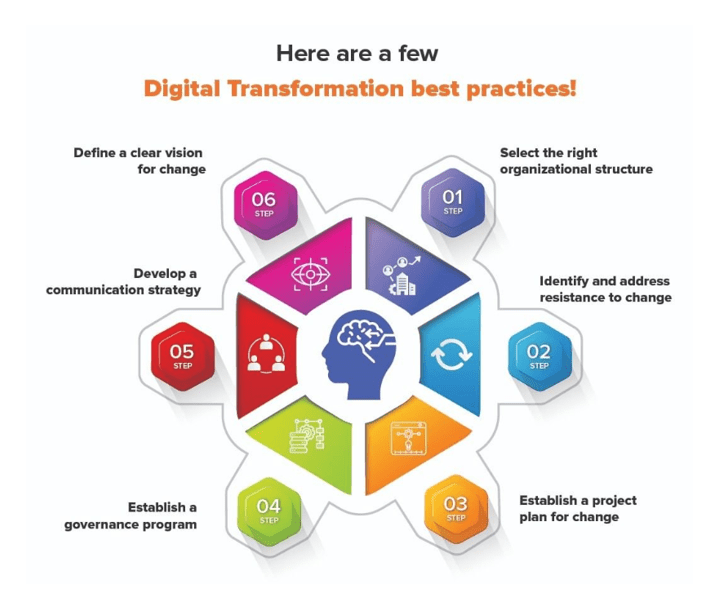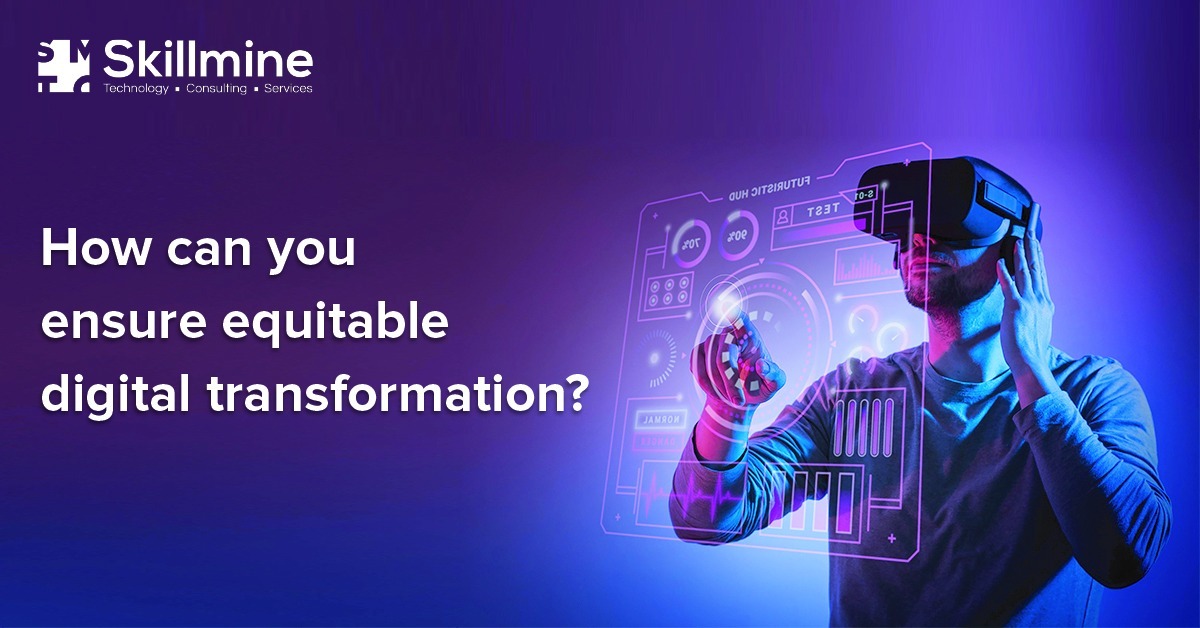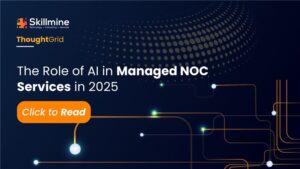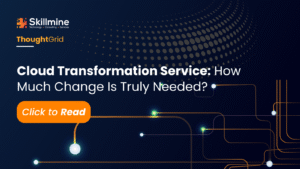The main objective of technology and digital transformation is to improve people’s lives and the environment. To get the most out of technology, businesses must face its problems while also maximizing its possibilities. Businesses should concentrate on a long-term, egalitarian adaptation to new technology.
While it is true that the rapid expansion of digital services over time has brought with it various opportunities, the pandemic has highlighted inequalities and the digital divide between those who have high and low access to digital technologies and tools to support resilience and recovery, according to the Asian Development Bank. But how do businesses bring about this change in a fair and long-term manner? What mindsets and specific strategies should executives adopt across their enterprises, supply chains, and communities?

Here are some strategies for achieving The benefits of digital transformation:
Tested governance models:
Given the rapid pace of digitalization, increased investment in digitized products, and the transition to a more decentralized financial system, key establishing structure and tested governance models to support the highest level of investor protection will be a key area of focus in the coming years. Market infrastructures will become even more important as markets transition from traditional to digital. They will also be in charge of establishing consistent governance, resolving disputes, defining performance, resilience requirements, and ensuring market stability.
Capacity, governance, and culture:
Digitalization has altered the industry, both to improve efficiency and as a necessity for meeting the Sustainable Development Goals. Through capacity, governance, and culture, businesses must prepare organizations and individuals for this shift. Establishing a digital production infrastructure and a complementary working life that supports socio-economic development and includes employees at all levels of organizations is critical. The goal should be to inspire the entire sector.
Aggregate and connect data:
To solve major agricultural concerns, emerging economies are investigating the potential of AI, IoT, blockchain, and drone-based solutions. These technologies have the potential to significantly improve agricultural sustainability and productivity, particularly for small-scale farmers. Scaling these technologies can be aided by public-private partnerships that encourage multi-stakeholder collaboration. Using customized insurance packages that leverage field and weather data, supply chain analyses, and market-based platforms, farmers’ income, environmental sustainability, and inclusivity can all be improved. To give value to farmers at scale, further development of a simplified, scalable, and sustainable digital agricultural ecosystem is required.
Apply ‘digital technology in cross-sector collaboration’ to meet climate goals:
The information and communications technology (ICT) industry has the potential to allow other industrial sectors to transition to a low-carbon economy, which will be critical in combating climate change. 5G has the potential to reduce net carbon emissions even further. 5G will have a direct impact on a variety of industries as an open innovation platform, ranging from smart manufacturing and public transportation systems to smart power grids enabling electric vehicles and more renewable energy coming online, not to mention more efficient logistics.
Use tech for good purpose:
Businesses should use technology as a force for good and better the lives of everyone. With a focus on ethical results, businesses can and should innovate on shared industry standards and open platforms. To ensure that advancements are widely available, businesses must build a resilient and regionally balanced supply chain.
To overcome the epidemic and establish a resilient environment, digital technologies are critical. Integrating modern technologies into our social, economic, and environmental activities is crucial. Technology must be for the benefit of everyone. Hence the need for equitable digital transformation must be realized by market leaders.
Looking for expert technology consulting services? Contact us today.





